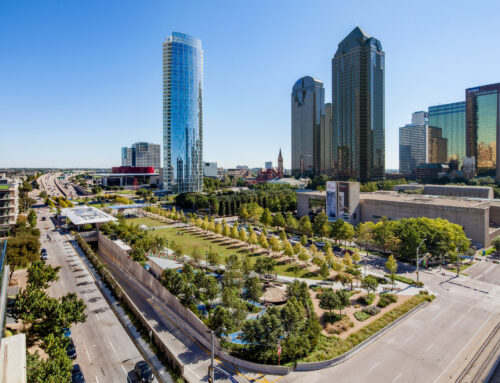Whenever you are planning to lease your commercial property soon, you have to consider several elements such as the lease’s terms, your tenants, as well as the market itself. This shortlist will give you a good idea about some of the important things you have to keep in mind to ensure a successful lease.
1. Know the Market
Before you even think of leasing your commercial property, you first have to know all the things regarding the commercial real estate market. What is the rate of vacancy for commercial properties in your region and area, for instance? What rates are available for commercial properties similar to yours? Never assume that all commercial properties have similar lease costs and vacancy rates for every area.
2. Look into Potential Tenants
After you advertised your property, you will soon hear from potential tenants. Make yourself familiar with their respective business. Their financials should be a requirement for you to determine their current ability to pay. See to it that they also have a robust and strong cash flow. Don’t forget to look into special needs, if they have any.
3. Check the Zoning
While you consider prospective tenants, see to it that you are aware what your properties have been zoned for. Regulations and laws on zoning change on a regular basis, so see to it that your knowledge is updated for all new tenants. Leasing to a certain business in a place it is not zoned for will not be viable for them and for you, and can result in fees and fines.
4. Evaluate Your Assess Management Capability
Leasing commercial properties takes a good deal of asset management. The asset managers can provide you advice on a lot of issues that may arise in commercial property leasing, which ranges from market knowledge to making some improvements, doing maintenance regularly, watching tenant’s financial achievements, and monitoring lease rollovers proactively. Once you hire a company that will handle your asset management, they can execute projects that range from expanding building size and upgrading parking lots.
5. Level Up Your Technology If Necessary
If your building is old, you might need to upgrade cable lines or Wi-Fi to attract tenants who pay a huge amount of money. Access the digital world as it is part of company’s lifeline. If you want to retrofit, make sure to advertise new technological capability.
6. Know Your Tax Situation
It is important for the property owners to know their tax situation, especially at a time when the tax code of the nation might be changing. Consult with the advisers on the changes in local, state, and federal taxes each year. You have to do it early so you have lots of time to plan for changes in taxes required or allowable deductions and regulations.
7. Consider Property Management Capability
Several owners of commercial properties serve as their property managers, receiving leasing fees monthly, and inspecting buildings. Some contract the work out, either to specialized property managers or asset managers. If you act as a property manager for buildings, would you consider some changes? What services you require or prefer property managers to handle once you engage them?
Once you lease commercial properties, see to it that you consider those factors above before you make your decision on the lease and tenant.







Leave A Comment